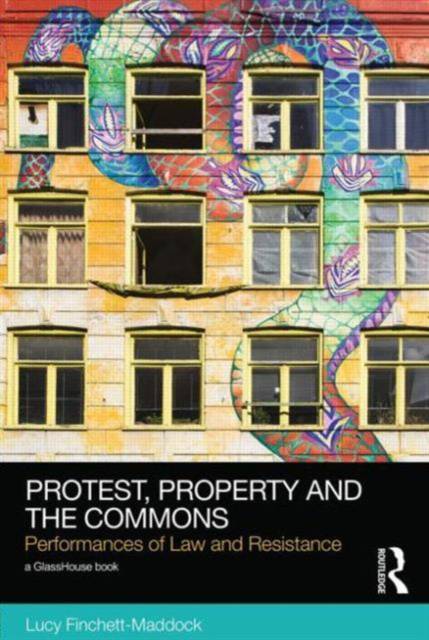
- Afhalen na 1 uur in een winkel met voorraad
- Gratis thuislevering in België vanaf € 30
- Ruim aanbod met 7 miljoen producten
- Afhalen na 1 uur in een winkel met voorraad
- Gratis thuislevering in België vanaf € 30
- Ruim aanbod met 7 miljoen producten
Omschrijving
Protest, Property and the Commons focuses on the alternative property narratives of 'social centres', or political squats, and how the spaces and their communities create their own - resistant - form of law. Drawing on critical legal theory, legal pluralism, legal geography, poststructuralism and new materialism, the book considers how protest movements both use state law and create new, more informal, legalities in order to forge a practice of resistance. Invaluable for anyone working within the area of informal property in land, commons, protest and adverse possession, this book offers a ground-breaking account of the integral role of time, space and performance in the instituting processes of law and resistance.
Specificaties
Betrokkenen
- Auteur(s):
- Uitgeverij:
Inhoud
- Aantal bladzijden:
- 286
- Taal:
- Engels
- Reeks:
Eigenschappen
- Productcode (EAN):
- 9780415858953
- Verschijningsdatum:
- 18/03/2016
- Uitvoering:
- Hardcover
- Formaat:
- Genaaid
- Afmetingen:
- 156 mm x 234 mm
- Gewicht:
- 576 g

Alleen bij Standaard Boekhandel
Beoordelingen
We publiceren alleen reviews die voldoen aan de voorwaarden voor reviews. Bekijk onze voorwaarden voor reviews.











